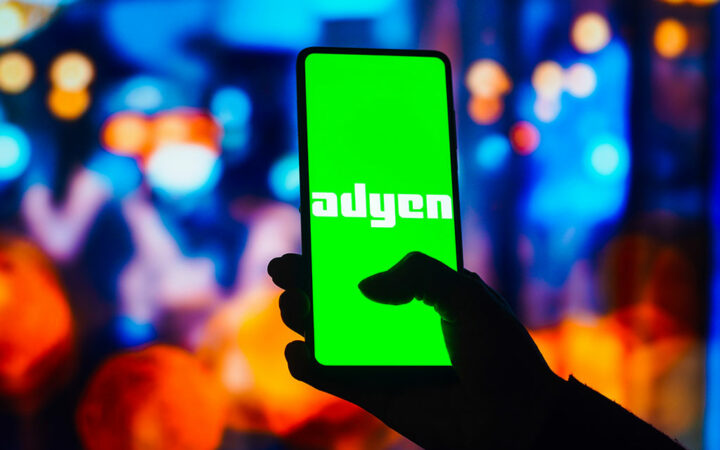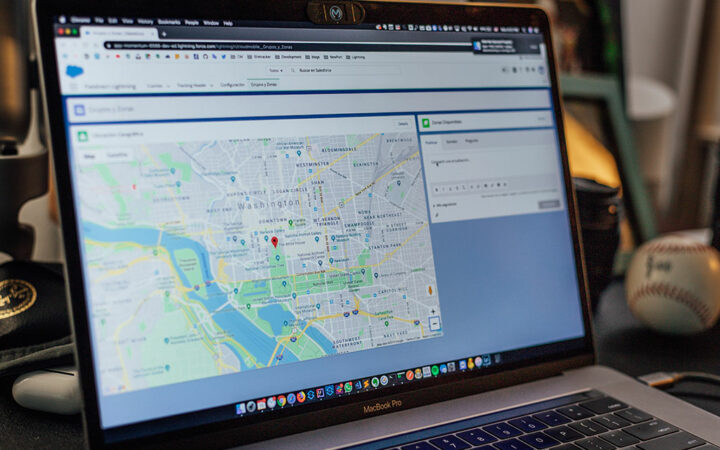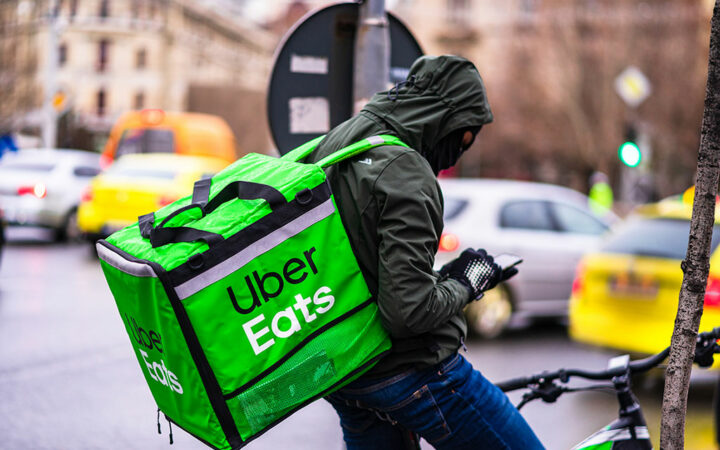
Content specialist with interest across sectors like Finance, Politics, Environment, Technology & Education. Loves Fiction! A reader, dreamer & blogger. When not writing, you will find her enjoying solitude like her cats
The European Commission-proposed directives hold the power to change the lives of over 4 million platform workers across the Union.

The European Commission, the executive arm of Europe, framed new rules for the gig economy companies like Deliveroo and Uber to provide workers more labor rights, protection and well as socio-economic benefits. In short, those finding work through these apps would no longer be independent contractors but direct employees of the app where their work is managed by an algorithm. A number of different job profiles like drivers’ masseuses, cleaners and couriers come under the ambit of these gig economy firms driven by the concepts of flexibility and independence.
It can become a uniform law across the European Union and will ensure protection and benefits to the workers as well as provide a single market and a level playing field to the digital labor platforms. The directives hold the power to change the lives of over 4 million platform workers across the Union. However, it has a long journey through Europe’s extensive legislative process to finally become a law. It would require the EU members states to integrate the new directive in their national law in addition to continuous iterations by both the European Parliament and constituent states. The proposal is also future-centric in a way as the European Commission framed the rules keeping in mind the rise in people working through digital platforms estimated to grow from 28 million to 43 million by 2025.
The law would financially hit the companies as it would require them to spill thousands of dollars in providing social benefits and protection to their employees. The proposal outlines the criteria for establishing the employee-employer relationship and once it is achieved the gig companies would be forced to increase their expenditures.
For the workers, on the other hand, this would be a blessing as the pandemic has displayed the merits of enjoying employee benefits amid losing jobs, protection and benefits. These new rules would safeguard the employees by providing them with the right to a minimum wage, health protection, working hours, paid leaves, pension, unemployment and sickness benefits and so on.
A lot of people working through these apps identify themselves as self-employed. With this proposal, the EU wishes to rectify the false employment status of these people. According to the European Commission estimates, above 5.5. million people working through such apps as Uber and Deliveroo come under the wrong employment status of self-employed.
The directives also attempt to salvage the problems associated with algorithmic management. Workers would be able to contest the algorithm-based decisions and will have access to new safeguards against machine-based management. The European Commission, through this proposal, strives to create a social digital economy.
The harshest response came from the ride-hailing giant Uber that expressed its displeasure by terming the proposal of having contradictory results leading to loss of jobs and hitting crucial businesses in the pandemic background. It also said that the additional costs would be borne by the end consumer thus increasing the ride prices. Surprisingly, another gig economy business Just Eat spoke in support of the proposal as its CEO Jitse Grown hopes the directives to improve worker conditions and smooth their way towards accessing social benefits and protections.
Disclaimer: Coinspeaker is committed to providing unbiased and transparent reporting. This article aims to deliver accurate and timely information but should not be taken as financial or investment advice. Since market conditions can change rapidly, we encourage you to verify information on your own and consult with a professional before making any decisions based on this content.

Content specialist with interest across sectors like Finance, Politics, Environment, Technology & Education. Loves Fiction! A reader, dreamer & blogger. When not writing, you will find her enjoying solitude like her cats




